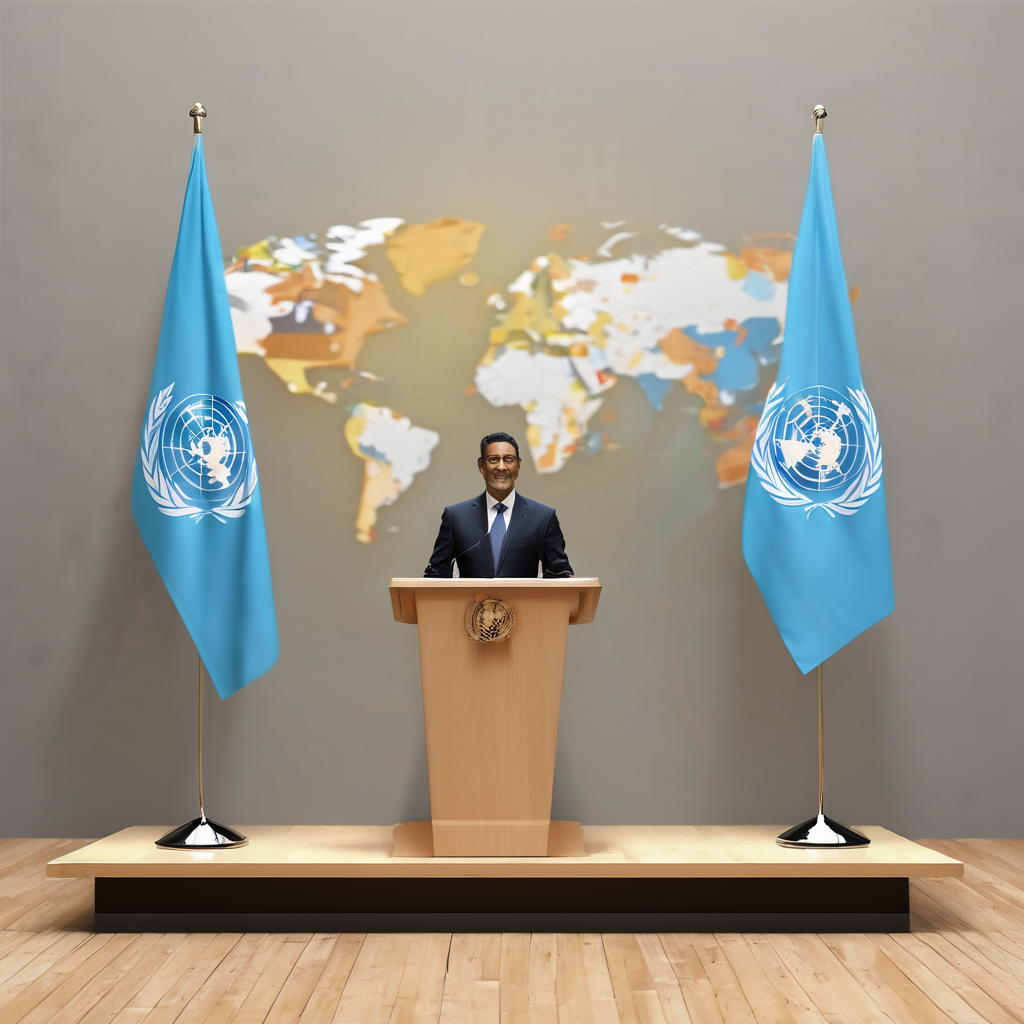Tuvalu’s Prime Minister Feleti Teo has delivered a forceful plea to global leaders, highlighting the dual challenge of gender inequality and climate change facing Tuvaluan women. Speaking at the High-Level Meeting marking the 30th anniversary of the Beijing Platform for Action at the UN General Assembly, Teo stressed that climate change is eroding the rights of Tuvaluan women on a daily basis.
Prime Minister Teo joined over 160 global leaders to reflect on the progress and challenges in advancing women’s rights since the landmark Beijing Platform for Action was established. He affirmed Tuvalu’s ongoing commitment to gender equality, underlining key national reforms including constitutional guarantees against sex-based discrimination and the imminent adoption of a new National Gender Equity Policy in 2024, which prioritizes women’s empowerment and anti-violence measures as core components of Tuvalu’s development agenda.
Despite some gains, Teo expressed that significant challenges remain, notably the alarmingly high rates of intimate partner violence, with one in two women being affected, and the limited representation of women in governance. No women currently serve as MPs in Tuvalu, and women hold just 8 out of 48 council seats.
Teo drew a pointed connection between gender inequality and climate change, emphasizing that for Tuvaluan women, climate change is not a remote concern. It actively threatens their fundamental rights and well-being. This intersection of issues is highlighted in the Beijing+30 Action Agenda, which aims to bridge the gender digital divide, reduce poverty among women and girls, and amplify women’s voices in peace and security processes.
The Prime Minister underscored the extraordinary resilience of Tuvaluan women but cautioned against mistaking resilience for acceptance of injustice. He urged global leaders to see gender equality and climate justice as interconnected goals, vital to the survival and prosperity of Tuvalu.
The sentiments shared by Prime Minister Teo echo broader regional efforts across the Pacific, where leaders continue to push for enhanced gender equity as part of a wider strategy to foster peace and social inclusion. Within this dialogue, there is a hopeful narrative emerging, driven by collaborative efforts among Pacific nations to recognize and build on the vital contributions of women in regional development and environmental sustainability.
Teo’s address serves as a powerful reminder of the shared responsibilities facing global leadership in assuring a more just and sustainable future for all, particularly for the women who bear the brunt of climate-related adversities in vulnerable nations like Tuvalu. Through continued advocacy and increased awareness, there lies a path toward a better, more inclusive future where gender equity and environmental integrity go hand in hand.
